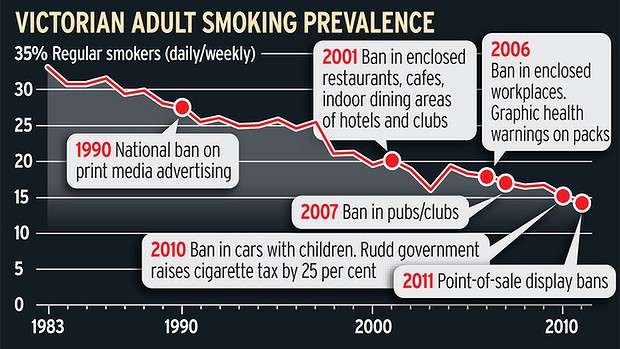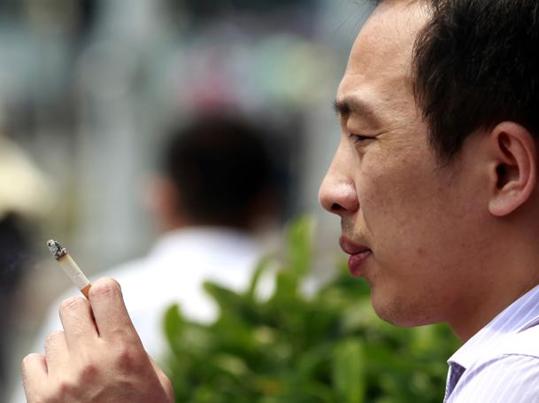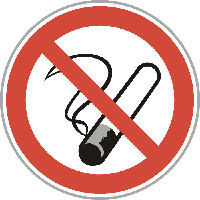WHO urges Philippine senate to defy tobacco lobby and boost cigarette taxes
Published July 27, 2012
MANILA, Philippines – The World Health Organization urged Philippine senators Friday to resist tobacco industry pressure and pass legislation to boost cigarette taxes to help deter smoking in a country where tobacco-related disease kills 87,000 people a year.
WHO Philippine representative Dr. Soe Nyunt-U said making cigarettes more expensive -- they sell for about a half a dollar per pack in the Philippines -- is the "most powerful policy tool" to reduce tobacco use. He also warned of an "irreconcilable conflict" between public health and tobacco interests.
"WHO calls on the government to be alert and resist these efforts of the tobacco industry to undermine tobacco control policies," he said.
The Philippine Senate is debating the measure after similar legislation was passed by the Philippine House of Representatives.
Some 17.3 million people in the Philippines smoke -- one of Southeast Asia's highest rates of smoking -- and 87,000 die per year of tobacco-related disease, Philippine Health Undersecretary Paulyn ...
... Jean Ubial said.
Most of the victims also are among the country's poorest, putting a strain on the already limited funds for public health care, she said. About 47 percent of smokers are adult men, but the number of smokers among women and children is growing.
Dr. Matthew Myers, president of the U.S.-based Campaign for Tobacco-Free Kids, warned Philippine senators that if they passed a watered-down version of the proposed law, "you are literally trading the lives of Filipino children for political compromise."
The House has passed legislation raising taxes on both cigarettes and alcohol. After the 23-member Senate finalizes its own version of the legislation, a joint legislative committee will craft the final form before it is signed into law by President Benigno Aquino III.
Aquino is a smoker but has backed the legislation as a way to "minimize vices and raise funds for health care."
The House bill is projected to raise cigarette tax revenues from 25 billion pesos ($581 million) to about 33 billion pesos ($767 million) in the first year it is implemented.
Ubial says the House version of the legislation would reduce the number of smokers by 170,000 per year, based on experiences of countries that have passed similar laws.
PMFTC Inc., which controls more than 90 percent of the Philippine cigarette market, has called the propose taxes `'unreasonable," saying it would encourage smuggling of cheap cigarettes and undermine the government's revenue goals.
Read more: http://www.foxnews.com/world/2012/07/27/who-urges-philippine-senate-to-defy-tobacco-lobby-and-boost-cigarette-taxes/#ixzz21s8D98Ur



 July 25, 2012
July 25, 2012 July 24, 2012
July 24, 2012 SMOKING rates have dropped below 15 per cent for the first time in Victoria, and young adults are no longer the most likely to smoke.
SMOKING rates have dropped below 15 per cent for the first time in Victoria, and young adults are no longer the most likely to smoke. SMOKING rates have dropped below 15 per cent for the first time in Victoria, and young adults are no longer the most likely to smoke.
SMOKING rates have dropped below 15 per cent for the first time in Victoria, and young adults are no longer the most likely to smoke.
 AFTER A YEAR AND A HALF: DEFENDING THE SMOKE-FREE LAW AND WORKING TOWARDS MORE SMOKE-FREE SPACES FOR EVERYONE
AFTER A YEAR AND A HALF: DEFENDING THE SMOKE-FREE LAW AND WORKING TOWARDS MORE SMOKE-FREE SPACES FOR EVERYONE 